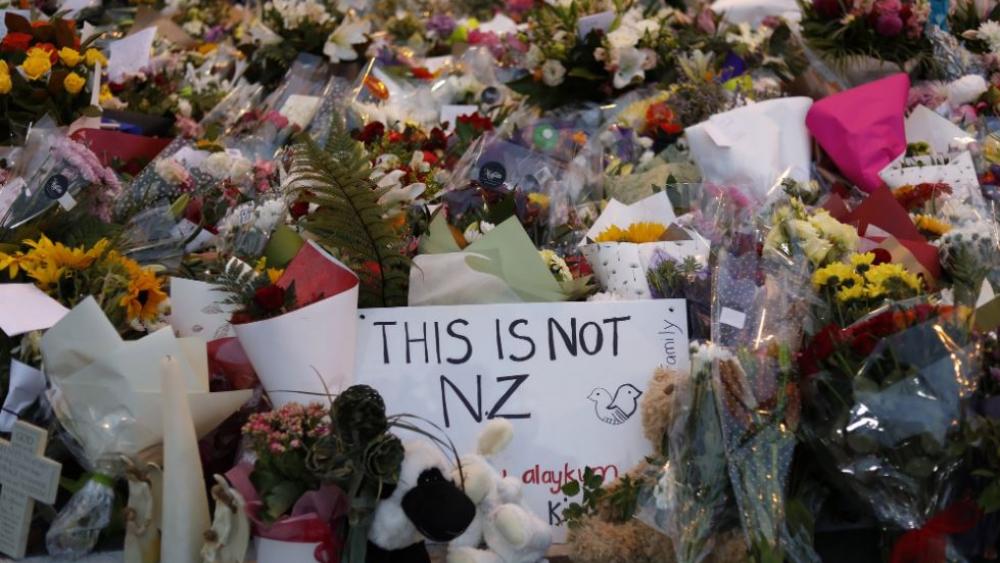On Friday, March 15, a gunman live-streamed himself slaughtering 50 people at two mosques in Christchurch, New Zealand. After fatally shooting three people at the entrance of the first mosque, he fired ruthlessly towards the crowd inside. After retrieving another weapon from his car, he returned to the mosque and shot those he had already wounded, as well as a woman begging for mercy. He then ended his Facebook Live and drove to another mosque, where he massacred seven more people. The youngest known victim was three years old.
New Zealand’s annual homicide rate last year was 35 people, and most of these incidents were singular. This one tragedy has already pushed the death toll far past the yearly average; it is the deadliest mass shooting in modern New Zealand’s history. Minutes before the shooting, Brenton Tarrant, the 28-year-old shooter, shared his anti-Muslim beliefs in a 73-page manifesto. He named it “The Great Replacement,” referencing the idea that the white Christian population is in “danger” of being replaced by non-whites. Tarrant emailed this manifesto to members of the New Zealand Government and also posted it on Twitter and 8chan. The document revealed Tarrant to be a self-described “eco-fascist” and “ethno-nationalist”. He also expressed support for Candace Owens (a black conservative commentator) and Donald Trump, while calling for figures like Angela Merkel and London mayor Sadiq Khan to be killed.
Already, the New Zealand government has announced that it is changing gun laws to protect against future incidents. Sound familiar? Probably not, considering there haven’t been any substantial changes in United States gun restriction or license laws even after the 2018 tragedies of Parkland, Thousand Oaks, and Pittsburgh. In total, there were 387 deaths from mass shootings in the United States last year, all of which were met with little meaningful change. When 50 people were killed in New Zealand, though, it took four days for the government to announce changes in gun laws. Clearly, the United States is far behind, to the detriment of its own citizens. What will it take for our country to change its ways? New Zealand knows the answer, but for now, we’ll have to keep on waiting.

